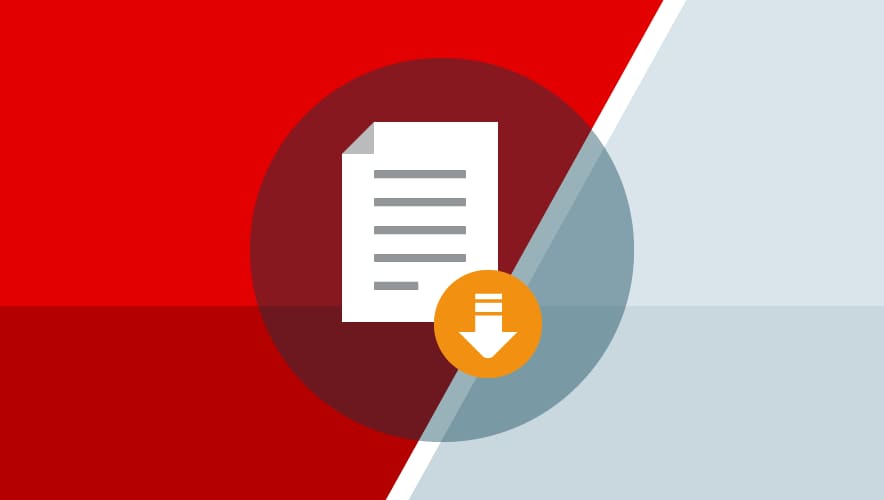
Data Modeling with Oracle SQL Developer
Oracle SQL Developer Data Modeler is a free graphical tool that enhances productivity and simplifies data modeling tasks. Using Oracle SQL Developer Data Modeler users can create, browse and edit, logical, relational, physical, multi-dimensional, and data type models. The Data Modeler provides forward and reverse engineering capabilities and supports collaborative development through integrated source code control. The Data Modeler can be used in both traditional and in Cloud environments.
Oracle SQL Developer has a strong and active community. The SQL Developer Data Modeler Forum is where you can interact with our developers and members of the community. Here you can find Blogs and keep up with the latest news by following us.
Statement of Direction
Oracle SQL Developer Data Modeler is a free, stand-alone product with a full spectrum of data and database modeling tools and utilities, including modeling for Entity Relationship Diagrams (ERD), Relational (database design), Data Type and Multi-dimensional modeling, with full forward and reverse engineering and DDL code generation. The Data Modeler imports from and exports to a variety of sources and targets, provides a variety of formatting options and validates the models through a predefined set of design rules.
Oracle SQL Developer Data Modeler can connect to any supported Oracle Database and is platform independent.
The product was first released on July 1, 2009 and the current production release, Oracle SQL Developer Data Modeler 20.3, is available for evaluation from OTN.
SQL Developer Data Modeler 20.3
Oracle SQL Developer Data Modeler 20.3, includes support for version control by adding integrated support for Subversion, an open-source source code management tool. In addition, this release of Oracle SQL Developer Data Modeler includes the following:
Tightly integrated version control through Subversion, facilitates collaborative access, by facilitating multiple user access to the same design at the same time
Import from CA ERWin Data Modeler 7.3
Increased Oracle Database 11g feature support
Additional general database feature support including support for packages and functions
Increased support for the reporting repository, by extending the number of objects and properties exported to the reporting repository
Support for multiple open designs
Support for custom Design Rules and Transformations (JSR-223)
Extended import support from Oracle Designer
Built-in reports
Future Releases
The following features are planned for future releases:
Integration of the new SQL Developer Query Builder
Support for additional third-party databases
MySQL
TimesTen
Sybase
SQL Server 8
Improved drawing and layout capabilities
Full product UI translation
Updated property dialogs
Increased support for multi-dimensional models
Extending meta data with user defined properties
Provide design and model templates
THE FOLLOWING IS INTENDED TO OUTLINE OUR GENERAL PRODUCT DIRECTION. IT IS INTENDED FOR INFORMATION PURPOSES ONLY, AND MAY NOT BE INCORPORATED INTO ANY CONTRACT. IT IS NOT A COMMITMENT TO DELIVER ANY MATERIAL, CODE, OR FUNCTIONALITY, AND SHOULD NOT BE RELIED UPON IN MAKING PURCHASING DECISION. THE DEVELOPMENT, RELEASE, AND TIMING OF ANY FEATURES OR FUNCTIONALITY DESCRIBED FOR ORACLE'S PRODUCTS REMAINS AT THE SOLE DISCRETION OF ORACLE.
Learn More
Video: Navigating the Data Modeler

Paper: Dimensional Modeling in Data Modeler

Download: Application Development Virtual Machine
Documentation
Demos
- Getting Started with Data Modeler
- Database Synchronization in Data Modeler
- Re-engineering your Database in Data Modeler
- Generating Reports in Data Modeler
- Collaborative Development in Data Modeler
- Design Rules and Transformation Scripts
- Working with Glossaries
- Using Query Builder to Create a View
- Redacting Data in Data Modeler
- Data Modeler Tutorials on Learning Library
Oracle SQL Developer Data Modeler is one of the database tools in the Oracle Database Tools group. It is an independent, standalone product with a full spectrum of data and database modeling tools and utilities. There is a general FAQ and other supporting collateral on the Data Modeler home page. This document is to provide some guidance to the pricing related questions arising in the community.
-
Is Oracle SQL Developer Data Modeler free?
Yes
-
Is Oracle SQL Developer Data Modeler supported by Oracle Support?
Yes, if you have an Oracle Database license you can contact Oracle Support for assistance. Users are encouraged to log any issues through My Oracle Support.
-
Where can I get more information?
Supporting collateral is available on OTN on the SQL Developer Data Modeler site.